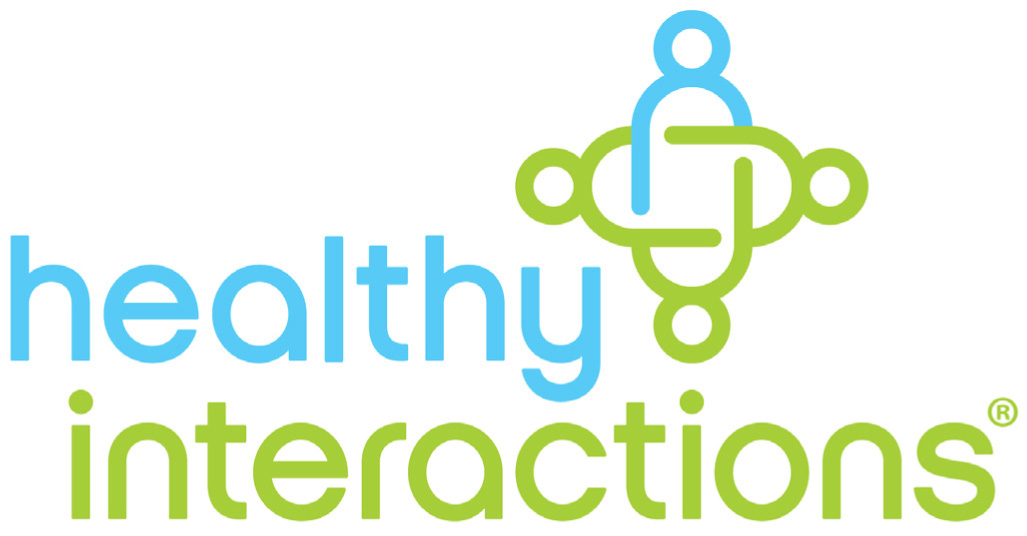Healthy Interactions Featured in Financial Times Healthcare Article
December 2, 2009
December 2nd, 2009
Forgetful patients lift support consultancies
By Andrew Jack in London
Published: November 25 2009 02:00 | Last updated: November 25 2009 02:00
As pharmaceutical groups feel the financial pressure from people failing to take their medicines properly, specialist healthcare consultancies have been feeling the benefits.
Healthy Interactions, one such consultancy, has won funding from drugmakers including Eli Lilly for its programmes, which bring patients together for support groups, in which board games designed to help them follow medical advice are played.
It is one of a growing number of companies being sought out by the industry as it explores strategic ways to improve patient "adherence", to support product sales and persuade healthcare systems that high drug prices are justified.
Richard Clark, chairman and chief executive of Merck, said: "The statistics show that half of patients are taking their medicines as prescribed. If you could improve that, you would save billions of dollars from hospitalisations and treatment."
Patients in supervised clinical studies tests take their medicines reliably, delivering often impressive results that regulators and healthcare systems use to approve new drugs.
But the results among large groups of patients once a drug is launched are often less impressive, partly because medicines are not taken as prescribed. Patients might run short of funds to buy them, suffer side effects or simply forget.
Governments, insurers and others who buy medicines are less willing to fork out for them if the effects on patients are variable.
Paul Lasiuk, founder of Healthy Interactions, says of his company's approach: "Patients maybe spend an hour a year with their doctor, 20 per cent remember something they were told, and half of those get that information wrong. It's a train wreck. This is not about telling them things but getting them to come to their own conclusions."
Joe Jimenez, head of pharma at Novartis, says he has seen poor drugs compliance for chronic conditions and even organ transplants. "The big players are very interested in compliance, and pharma companies are not very good at it," he says.
Mr Jimenez is working with consultancy Proteus Biomedical, which manufactures a small chip placed in each pill that is detected by a receiver. If patients do not take their medication, they receive a reminder by text message.
Other big pharma groups have adopted different tactics. Pfizer, the world's largest, has created Health Solutions division, supporting nurses who visit or telephone patients to check on their health and encourage them to follow the best medical advice. Johnson & Johnson has acquired two companies that try to improve compliance.
However, activities which bring pharma companies into closer contact with patients could trigger concerns that they may unduly influence the prescribing process to favour their own products.
Also, new technologies and psychological techniques may improve compliance, but many patients do not take their medicines for social reasons that are far beyond the capacity of companies to influence.
Other recent news
September 2, 2015
October 17, 2015
July 27, 2015
July 23, 2015
March 23, 2015
